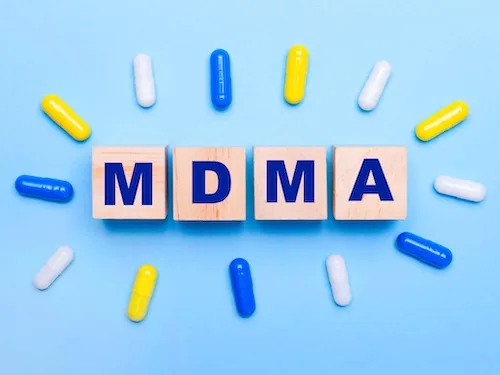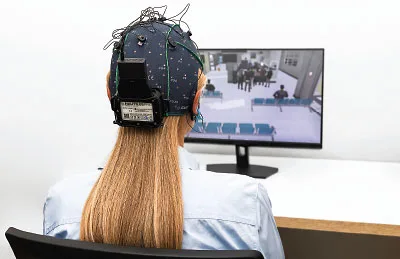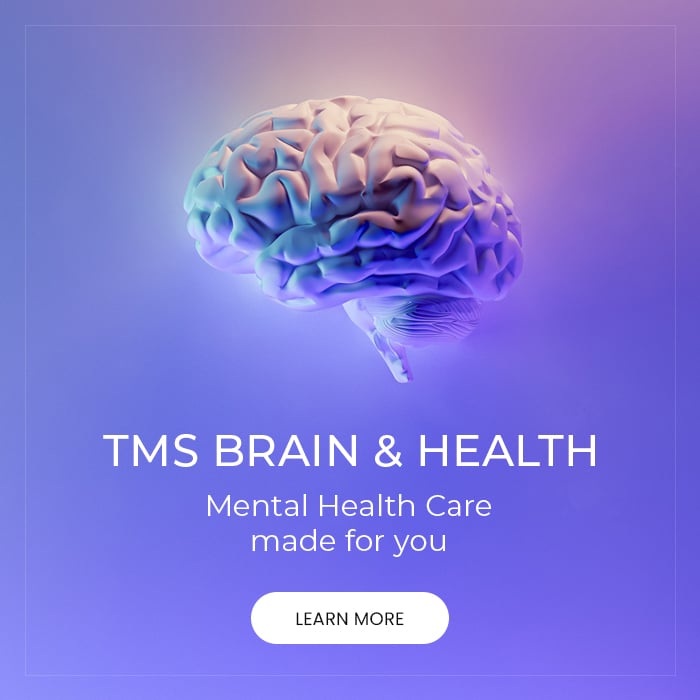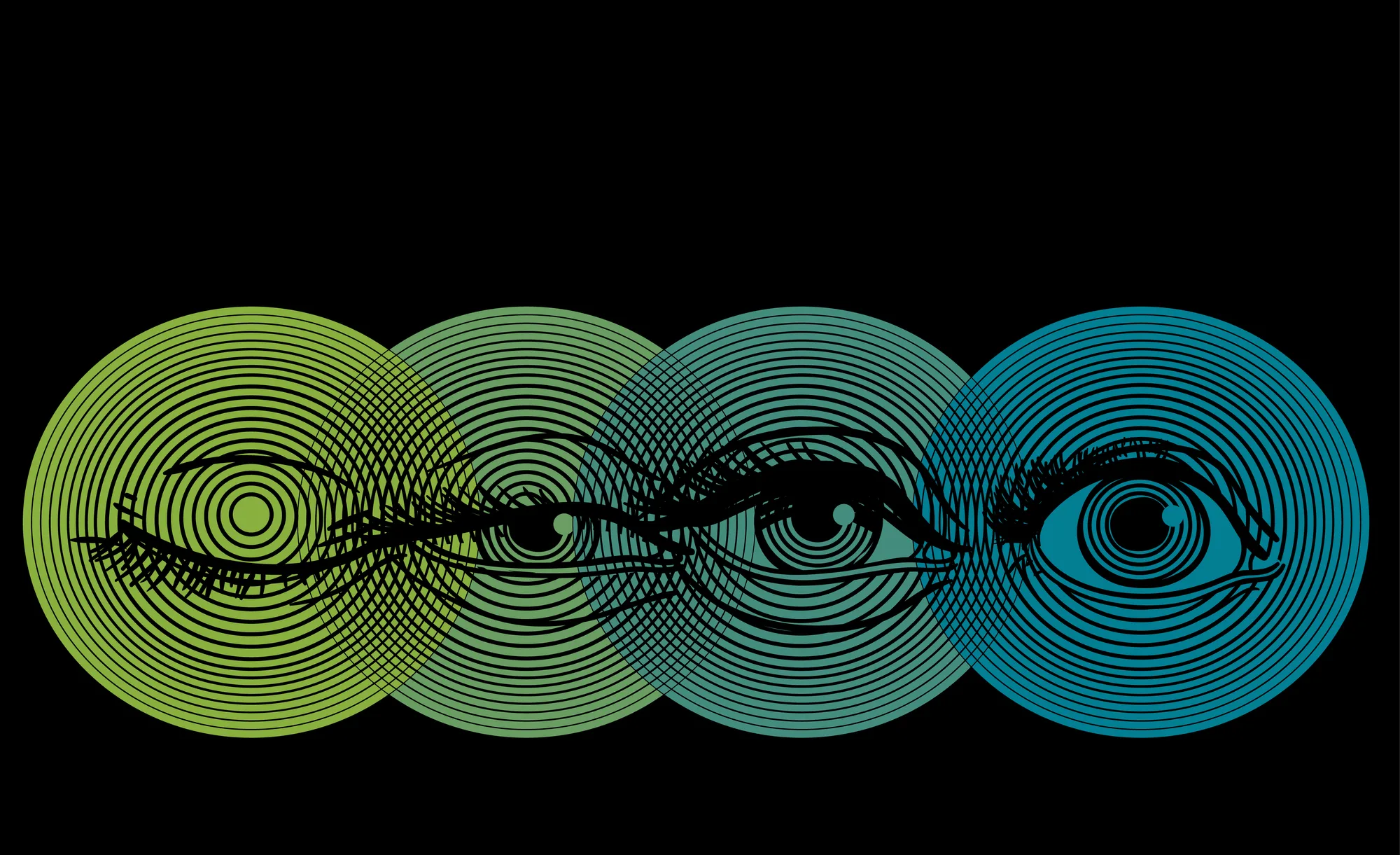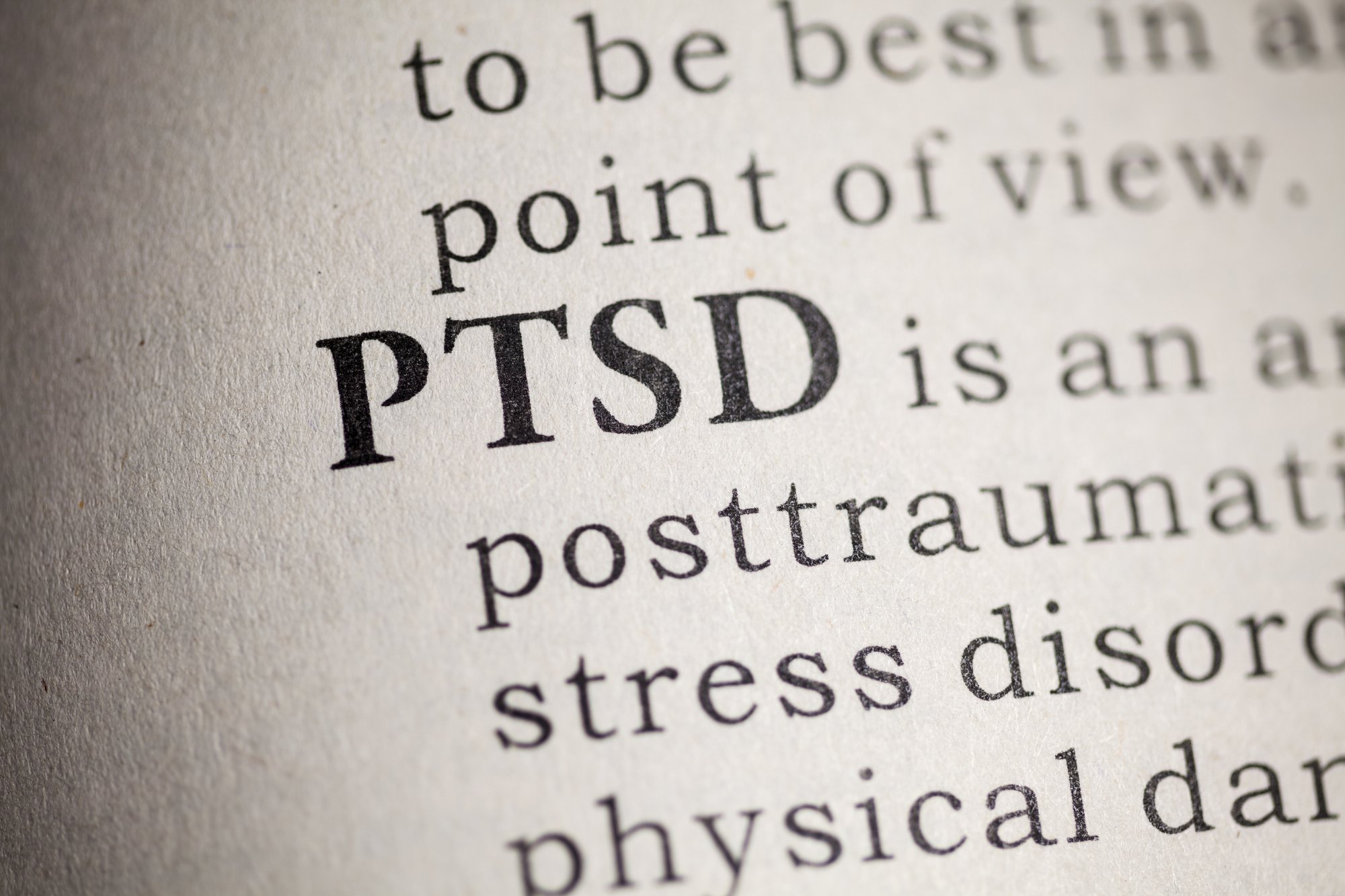Ketamine’s antidepressive effects require activation of opioid receptors in the brain, a new Stanford study shows. The surprising finding may alter how new antidepressants are developed and administered in order to mitigate the risk of opioid dependence.
Scientists at the Stanford University School of Medicine have discovered that ketamine works as an antidepressant at least in part by activating the brain’s opioid system.
The finding overturns previously held beliefs that the drug’s antidepressant effects stemmed solely from its impact on the glutamate system. These beliefs led to the widespread use of ketamine to treat depression and spurred the development of glutamate-blocking drugs for use as antidepressants.
The new finding also highlights the interaction between depression, pain and opioid addiction and presents an opportunity for clinicians to reframe treatment approaches for these three public health crises.
The research is believed to be the first to address how ketamine works in the human brain to provide relief from depression. A paper describing the work was published Aug. 29 in The American Journal of Psychiatry.
“Before we did the study, I wasn’t sure that ketamine really worked to treat depression. Now I know the drug works, but it doesn’t work like everyone thought it was working,” said Alan Schatzberg, MD, the Kenneth T. Norris Jr. Professor of Psychiatry and Behavioral Sciences, who shares senior authorship of the paper with Carolyn Rodriguez, MD, PhD, assistant professor of psychiatry and behavioral sciences.
The researchers said the findings from the new study may explain why ketamine works so quickly as an antidepressant: It activates the brain’s opioid receptors during its first phase of activity. The glutamate system may be responsible for the sustaining effects after ketamine is metabolized, they said.
The authors say that revealing the role of the opioid system in the antidepressant effects of ketamine is critical in the effort to develop new antidepressants. For instance, glutamate receptor blockers may not have rapid antidepressant effects unless they also involve the opioid system, Williams said.
Read the full article at Stanford Medicine.


